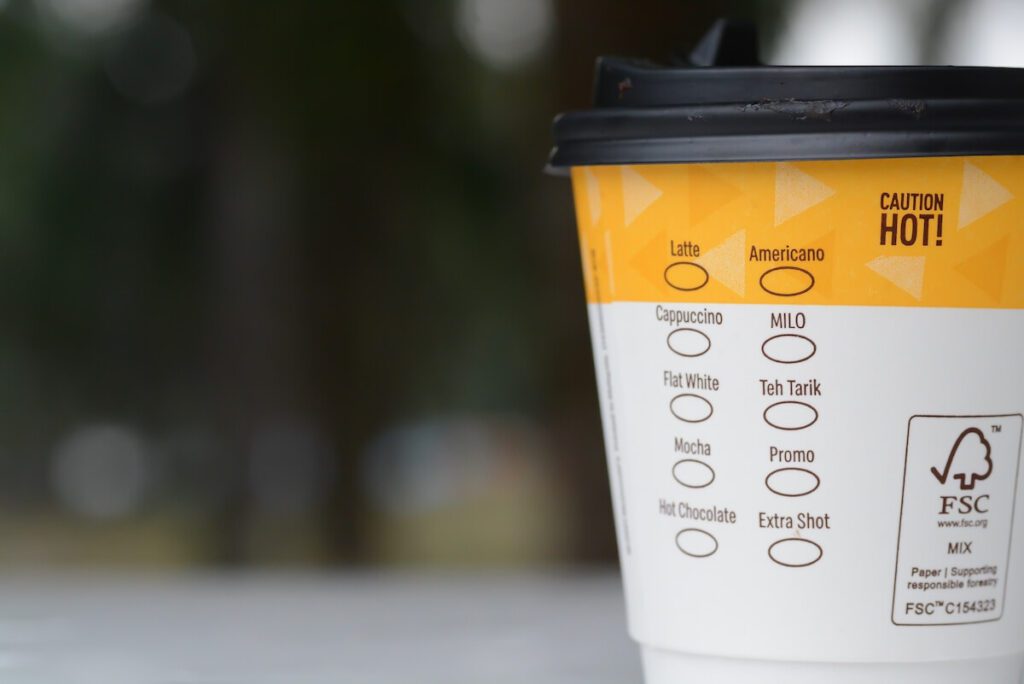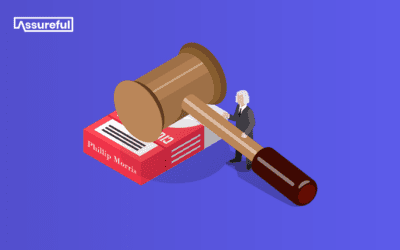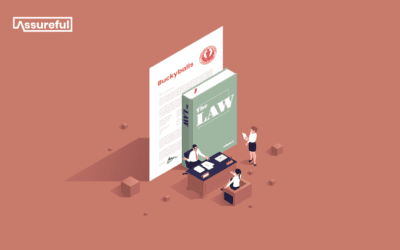Would your business survive if a minor packaging detail cost you nearly $3 million?
The infamous McDonald’s Hot Coffee lawsuit, also known as Liebeck v. McDonald’s Restaurants, was a highly publicized 1994 product liability lawsuit against the McDonald’s restaurant chain. Originating in the US, the lawsuit reached international news.
Of course, McDonald’s survived the suit and continues to survive – but not every business would have.
Read on for the full story and how you can protect your eCommerce business from the risk of product liability to avoid risking your own multi-million dollar lawsuit.
A Scalding Reminder of the Risk of Business Oversight
In 1994, the world watched in stunned disbelief as a seemingly straightforward incident brewed into a stormy legal battle. The case would forever alter the landscape of product liability: Liebeck v. McDonald’s Restaurants.
The Incident
Mrs. Liebeck, a 79-year-old McDonald’s customer, was seated in the passenger seat of her grandson’s car which was stationary. As she tried to hold her coffee cup securely between her knees to remove the lid, a mishap unfolded. The cup tipped over, scalding her in boiling hot coffee.
The Consequences
Rather than simply being an unfortunate accident, this event spiraled into a legal battle in which the courts determined McDonald’s to be at fault with the following verdict:
- Negligence: McDonald’s, despite its stature and influence, was found negligent. They bore 80% of the responsibility for the accident
- Damages: Mrs. Liebeck was awarded nearly $3 million in compensatory and punitive damages for the burns she endured
| Verdict → | In favor of Mrs. Liebeck |
| Liability → | McDonald’s held 80% responsible |
| Compensation → | Nearly $3 million in punitive damages awarded |
What Can We Learn From the Hot Coffee Case?

This case is an important reminder for all businesses that a seemingly insignificant oversight can cascade into monumental challenges.
When customers place their trust in a brand, they believe, unequivocally, that their safety and well-being are paramount – and businesses need to uphold their end of that bargain. If consumers sustain injuries while using a product in its intended manner, the responsibility squarely falls on the company.
For eCommerce businesses, this can be tricky to navigate. Private labelling in particular comes with a host of challenges.
For instance, should a product be manufactured overseas, the liability doesn’t remain with the original offshore manufacturer. The brand selling the product, irrespective of where it’s made, is deemed the manufacturer and therefore responsible for any product liability claims.
At its core, the Hot Coffee Case serves as a testament to the responsibility businesses have for their customers. By recognizing the responsibility that comes with every product we bring to market, we not only safeguard our brand but also fortify the trust of our customers.
How You Can Safeguard Your eCommerce Business From Similar Disasters
Your business may not operate at the scale of McDonald’s but, the result of the Hot Coffee Case should still make you pause. As eCommerce business owners, we have a responsibility to safeguard customers and our businesses against any product liability issues.
Three cornerstones to shield your eCommerce business:
- Perfect product descriptions
- Packaging that is on point
- Product liability insurance as a final defense
1. Product Descriptions: The Face of Your Brand
Whether you’re selling on your own Shopify store or enrolled in marketplaces like Amazon or Walmart, your product description doesn’t just serve to make more sales. It’s the first contract of trust with your customers and where product liability could come into play.
Clarity and authenticity: It should go without saying that your products should be properly represented by your product descriptions. Clarity and accuracy are crucial to your customers, ensuring they know exactly what they’re buying
Bare Minimum Won’t Cut It: Vague or misleading product descriptions not only foster dissatisfaction but also heighten the risks of liability claims. Add all of the relevant details, even minor ones
Listen Up: Customer feedback is a powerful thing – both positive and negative. It becomes the bedrock of continual refinement by bringing to light any disconnect between customer expectations and the actual product experience
2. Packaging: Not Just a Wrapper, But a Statement
When you’re selling physical products, your packaging is both a sales tool and a safeguard. It makes a statement about your brand and protects you against product liability mishaps.
Product Protection: Of course, the number one purpose of any product packaging is to protect the product. Particularly in eCommerce, it’s crucial that your products reach customers intact and undamaged
Guarding Against Potential Pitfalls: While we first mitigate liability risks with accurate product descriptions, it’s also vital to recognize the tangible threats that inadequate or misleading packaging can pose. With a well-thought-out packaging strategy, many potential issues can be proactively addressed
Symbolizing Brand Care: Packaging, in essence, is your brand’s silent ambassador. Beyond the mere act of delivering a product, it encapsulates your promise to your customers and bolsters the trust they have in your brand
What now seems like a no-brainer design feature, to include a “caution, hot” sign on a hot coffee cup, could have saved McDonald’s millions in this legal suit.

3. The Silent Guardian: General Liability Insurance
While you’re doing everything possible to accurately represent your product and warn customers of any potential risks, any oversights could leave your brand vulnerable to liability claims. That’s where your product liability insurance steps in and is the essential final safeguard.
For some online selling platforms like Amazon and Walmart, having tailored insurance is not merely a suggestion—it becomes a prerequisite for selling on the platform. Once sellers reach a certain revenue threshold, these platforms necessitate that businesses are adequately insured.
Check out these cases that have shaped product liability over the years:
- Buckyballs
- Hoverboards Blowing Up at Christmas
- 3 famous product liability lawsuits
- Bullock v. Phillip Morris
- NBA Star Francisco Garcia vs Ledraplastic
Peace of Mind with Assureful
At Assureful, we recognize the complexities of the digital marketplace. Our commitment is to furnish online sellers with insurance that is designed specifically for the challenges of eCommerce. With our pay-as-you-sell general liability insurance, sellers can sell with confidence in the knowledge that unforeseen challenges won’t destabilize their business.
- We’re Fully Compliant with coverage tailored to meet the requirements of major eCommerce platforms
- Premiums are adjusted in real-time to ensure our customers always have the right level of coverage
- We’re not a broker. We’re the underwriter, ensuring you’re directly shielded by us
Explore Assureful’s eCommerce insurance today to properly protect your business against unexpected liability claims and sell with peace of mind.
No obligation quote.
Policies can be canceled at any time, with 30 days’ notice.




0 Comments